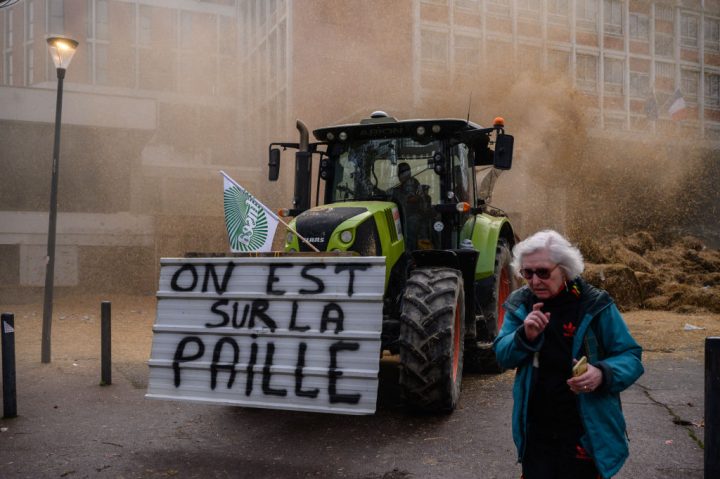The farmers of France are mobilising. Their anger will be an early test for Gabriel Attal; the countryside is unknown territory for the new prime minister, a young man raised in the affluent suburbs of Paris, like the majority of Emmanuel Macron’s government.
The first dissent was on Friday in the south-west of France, in and around Toulouse.
Already a subscriber? Log in
Subscribe for just $2 a week
Try a month of The Spectator Australia absolutely free and without commitment. Not only that but – if you choose to continue – you’ll pay just $2 a week for your first year.
- Unlimited access to spectator.com.au and app
- The weekly edition on the Spectator Australia app
- Spectator podcasts and newsletters
- Full access to spectator.co.uk
Or





















Comments
Don't miss out
Join the conversation with other Spectator Australia readers. Subscribe to leave a comment.
SUBSCRIBEAlready a subscriber? Log in